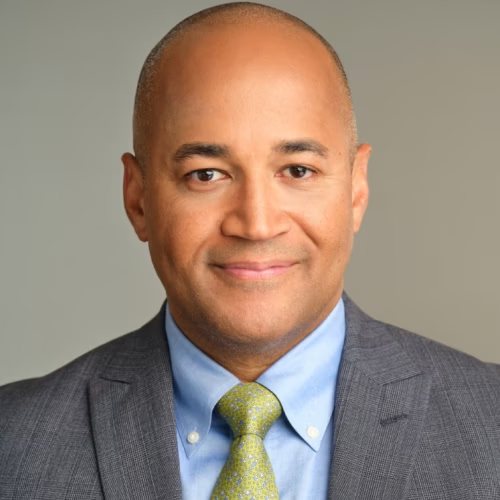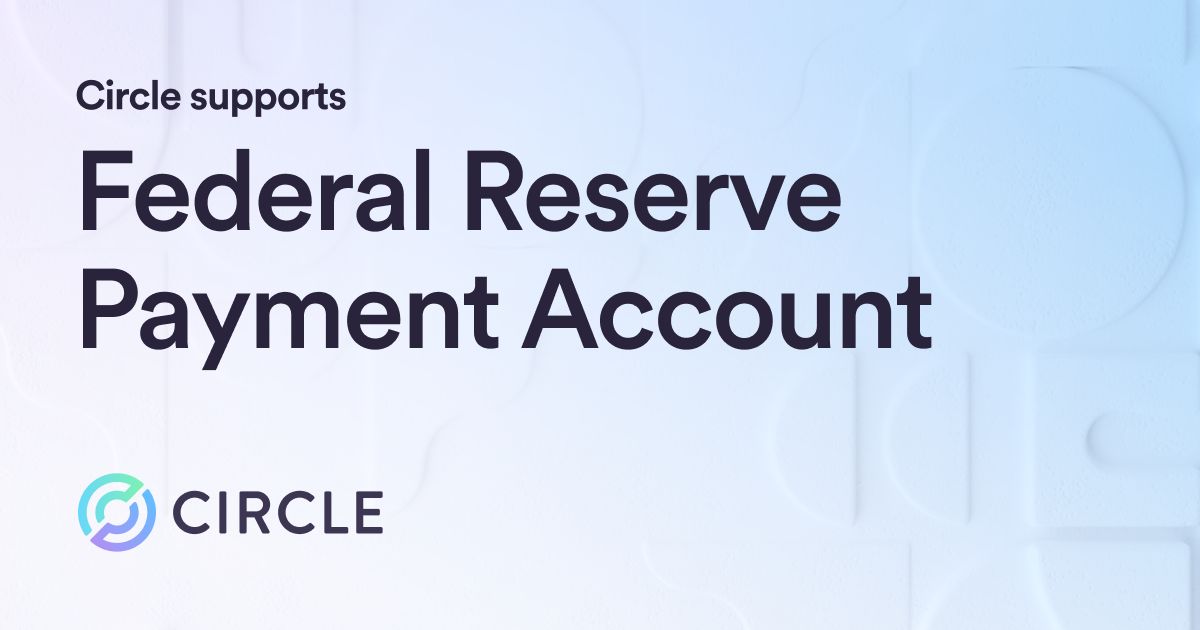Dante Disparte is set to be appointed as Centre’s newest board member, representing Circle’s seat on the board as a founding member of the organization.

The Centre Consortium is a joint-venture standards setting organization founded in 2018 by Circle and Coinbase. The organization’s mission is to drive a more inclusive, interoperable and connected blockchain-based financial ecosystem powered by well-regulated digital currencies. Achieving this mission, which is accelerated by Circle’s own mission of raising global economic prosperity through the frictionless exchange of financial value, may be one of the defining technological opportunities of our times. Naturally, nothing worth doing in the world is worth doing alone, so it is a great honor to be appointed as Centre’s newest board member, representing Circle’s seat on the board as a founding member of the organization. In this role, I look forward to working with Centre’s leadership, Coinbase and a broader group of stakeholders on the art of the possible for Web3 and the digital dollars and public blockchains on which it rides.
Trust is the cornerstone of all financial services and the movement of money, irrespective of its form factor, should always promote inclusion, innovation and integrity in the broader economy and financial system. Indeed, the emergence of blockchain-based financial services has heralded a decade of innovation giving rise to a $2 trillion digital assets market. Just as the dollar underpins trillions in economic activity, global trade, capital markets and equities in the real economy, dollar digital currencies like USDC are playing a similar foundational role in the broader crypto economy. Critically, the bridge between internet-native financial markets, the crypto-economy and a host of hitherto unimaginable real-world use cases for dollar digital currencies are now possible.
Additive to Regulation, Never Substitutional
As a standard setting organization, Centre’s mission of advocacy, education and the promotion of standards and best demonstrated practices in blockchain-based payments and financial services, is meant to be additive to existing or emerging regulations and never substitutional. In this broader role, Centre standards for stablecoins, open financial infrastructure and critical companion innovations, such as the newly-launched Verite decentralized identity protocol, all serve to advance market adoption of safe and sound internet-native money. As standards and best practices become codified into emerging policy or regulations, Centre will help promote, advocate and catalyze an external market environment that is conducive to responsible innovation in the broader crypto economy.
Like money itself, the presumption of trust, transparency, accountability and broad acceptance is critical. Indeed, the real breakthrough innovation of trusted stablecoins like USDC (in many respects a peerless innovation), is to have solved the original sin in the crypto economy, which was the buyer’s and spender’s remorse that plagued early cryptocurrencies. Maintaining this standard of trust becomes all the more important as the form factor of money - as stablecoins or dollar digital currencies - take on immutable cryptographic form and are made available on carefully vetted public blockchains. Today, USDC is available on 8 public blockchains, including Avalanche, Solana and Ethereum among others, which are the veritable transaction and bookkeeping layer comprising the backbone of an emerging internet of value, albeit in its dial-up phase. Rather than pursuing a “one blockchain to rule them all” model, Circle and Centre’s commitment to an omni-chain future not only promotes competition, it promotes interoperability and supports responsible innovation in the wider developer ecosystem. Fundamental trust in the digital dollars that correspond with this growth is paramount and a constant.
Open, Competitive and Interoperable
So much of the traditional economy is siloed, fragmented, anti-competitive and exacts the highest cost on those who can least afford it. With a higher purpose of promoting more inclusive, open and interoperable forms of internet finance, Centre’s long range work on stablecoin standards and adjacent innovations such as decentralized identity, are not competing with the traditional financial system, but rather completing unfinished work. Over time, this is expected to include the introduction of additional Centre standard stablecoins denominated in trusted fiat currencies and prudentially managed according to prevailing regulatory and policy norms. Additionally, in order to drive a flywheel of economic activity, Centre will embark on standards work supporting retail commerce and acceptance of stablecoin-based payments.
Arguably, the advent of USDC has not only positively blurred the lines between blockchain and brick and mortar banking, it has also catalyzed a wave of responsible financial services innovation in the global crypto economy. From being the trusted digital currency in decentralized finance, to being the only digital currency to have materially crossed over into real world payments (powering dollar digital currency settlement for some of the world’s most exacting payments and financial services companies), USDC is a constant even while the underlying blockchains, digital wallets, exchanges and protocols are under continuous evolution.
Centre will continue to partner with member organizations, the wider market and key global stakeholders to advance opportunities for USDC-powered payments and related financial services. This commitment to promoting interoperability is broadly in line with the public interest in a safe, trusted, well-regulated and more inclusive digital assets economy. Indeed, on the score of advancing financial inclusion, preserving the openness of public blockchains, while building open standards for decentralized identity under the Verite protocol, can help address one of the world’s intractable problems. Namely, how can people and businesses participate as owners and beneficiaries in the third generation of the web, without imperiling their personal or business data? Moreover, how can this be achieved with more than a billion people relegated to the financial shadows with no form of universally portable identification? The breakthrough of decentralized identity standards as an open-source protocol creates a shared opportunity to build the missing layer of Web3.
Trusted, Always-On and Constantly Upgradable
Finally, as a trusted, always-on and constantly upgradable blockchain economy converges with traditional banking and finance, the evolution of a standards setting organization like Centre can help the world keep pace with the opportunity. Harmonizing standards for digital currencies, decentralized identity and blockchain selection, among other areas, gives the Centre Consortium a long range and strategic organizational purpose. In fulfilling this mission, as a board member and on behalf of Circle, Centre’s co-founding organization, the future looks bright.





